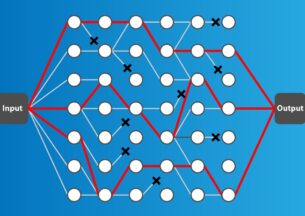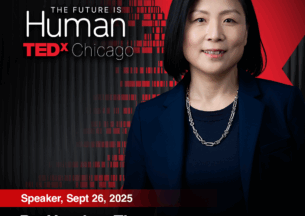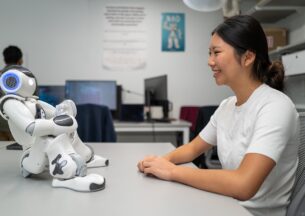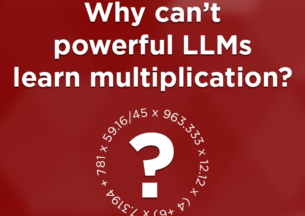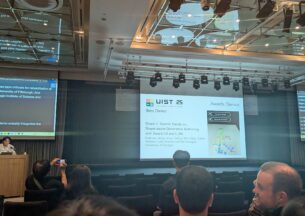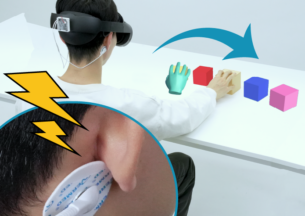Celebrating Excellence in Human-Computer Interaction: Yudai Tanaka Named 2025 Google North America PhD Fellow
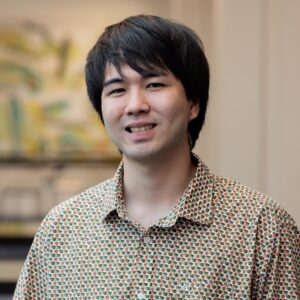 When Yudai Tanaka began his doctoral journey at the University of Chicago’s Department of Computer Science, he envisioned a future where digital devices could communicate seamlessly with the human nervous system, enhancing the way we interact with technology and even ourselves. That vision has drawn international attention: Tanaka has been named a recipient of the 2025 Google North America PhD Fellowship in Human-Computer Interaction, an honor reserved for graduate students conducting exceptional and innovative research that seeks to influence the future of technology.
When Yudai Tanaka began his doctoral journey at the University of Chicago’s Department of Computer Science, he envisioned a future where digital devices could communicate seamlessly with the human nervous system, enhancing the way we interact with technology and even ourselves. That vision has drawn international attention: Tanaka has been named a recipient of the 2025 Google North America PhD Fellowship in Human-Computer Interaction, an honor reserved for graduate students conducting exceptional and innovative research that seeks to influence the future of technology.
Google’s Global PhD Fellowship program recognizes rising leaders in computer science and related fields. The fellowship provides direct financial support for recipients’ PhD pursuits and connects each Fellow with a Google Research Mentor, reinforcing an ongoing commitment to nurturing the academic community. As Google shared in its announcement, “We are excited to welcome this global cohort and look forward to partnering with them as they continue to become leaders in their respective areas.” This support comes with the backing of Google.org.
Tanaka’s research, with his advisor Associate Professor Pedro Lopes, explores computer interfaces that directly interface with users’ nerves and brains. Through innovative devices that transmit signals straight to the nervous system, Tanaka has enabled computers to output the “sense of touch” hardware-free, pushed these techniques into practical wearables such as a smartwatch, and engineered new interactive experiences that deliver sensory feedback directly to the brain. These advances set the stage for computer interfaces that can augment physical abilities and accelerate skill acquisition—potentially transforming sectors from healthcare rehabilitation to immersive gaming, and enabling new paths for skill training and accessibility. View some of Tanaka’s research here.
The significance of Tanaka’s work was echoed by the Google Fellowship review team: “The student nominations we received this year were exemplary in their quality, but Yudai especially stood out and was endorsed by the research scientists and distinguished engineers within Google who participated in the review.”
Tanaka’s contributions to Human-Computer Interaction have been recognized with top honors, including a Best Paper Award at ACM CHI 2023, Best Paper Honorable Mentions at CHI 2024 and UIST 2024, and a Best Demo Award at CHI 2022. His research has also been featured in outlets such as IEEE Spectrum and New Scientist, and his impact is further distinguished by his designation as a 2026 Siebel Scholar.
As he reflects on this honor and the next chapter of his research, Tanaka shares:
“I am deeply honored to receive this recognition, and want to thank my advisor, my lab colleagues, and all my collaborators—I’ve been fortunate to explore this exciting frontier of HCI alongside such inspiring minds. Looking ahead, I’m eager to further cultivate this emerging interdisciplinary area of computing, e.g., extending them toward cognitive assistance and data-driven personalization, and to pursue this vision together with my future students.”
Tanaka is currently on the academic job market for a tenure-track assistant professor position.
Supported by Google.org and the mentorship accompanying the Fellowship, Tanaka will continue to redefine the boundaries of human-computer interaction, driving technology to become more intuitive, accessible, and responsive to our deepest senses.




